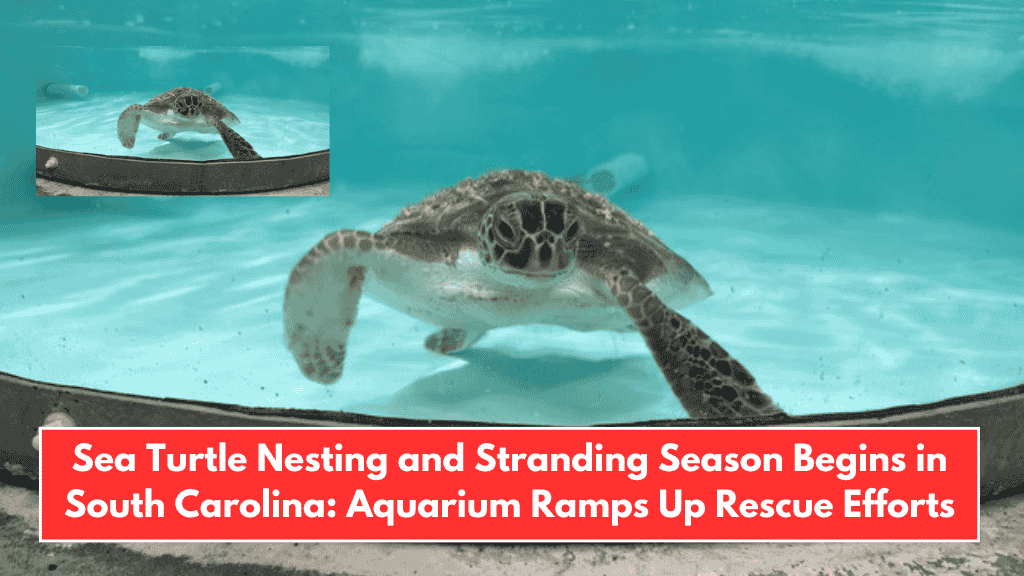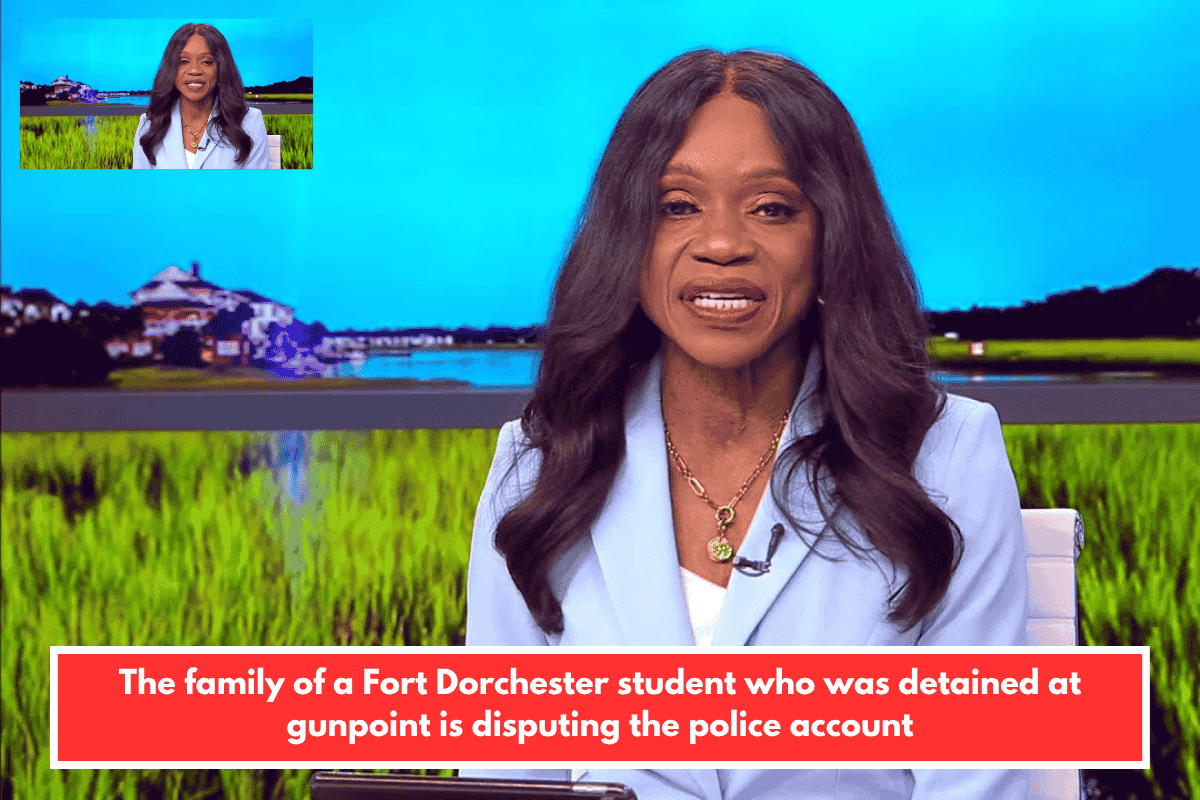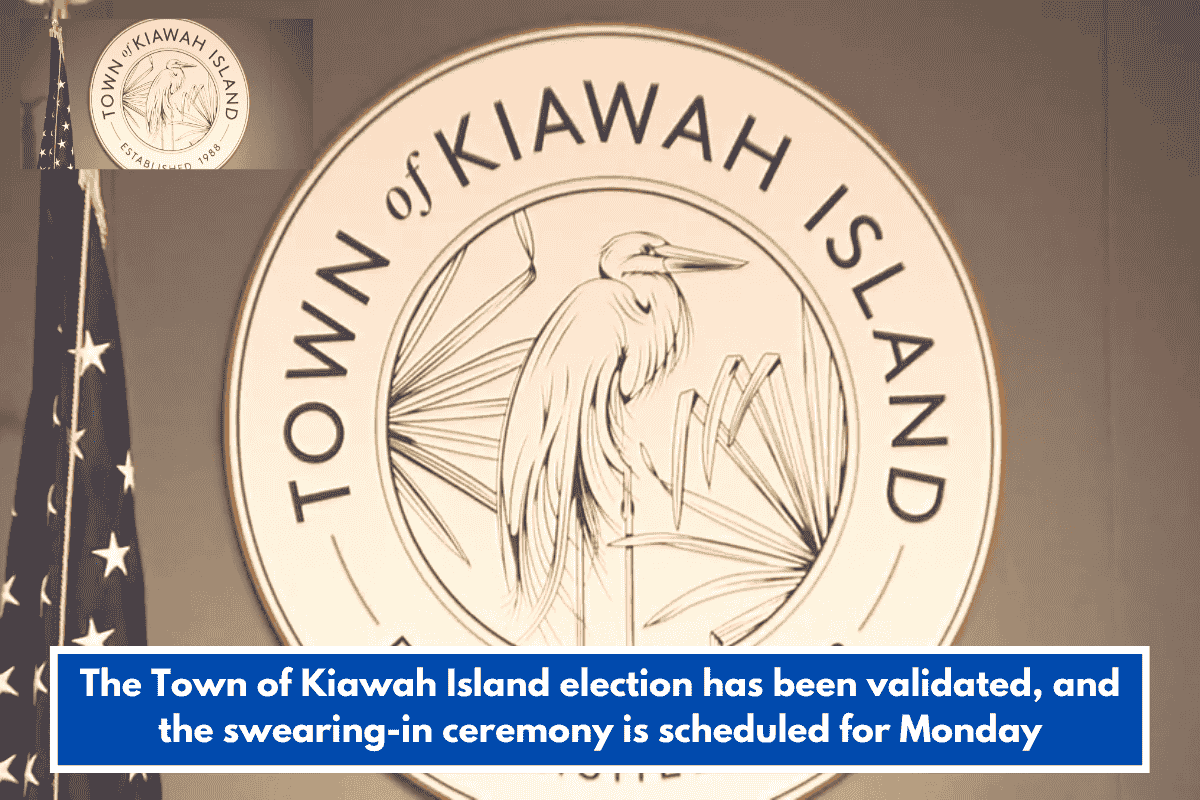Every year, sea turtles make their way to the sandy shores of South Carolina to lay their eggs, marking the beginning of the much-anticipated nesting season. But with this beautiful natural event comes a more concerning one—stranding season. In Charleston, the South Carolina Aquarium is preparing for the annual wave of injured turtles that arrive during this time, many of them needing urgent medical care.
Why Nesting Season Is Also Stranding Season
As female sea turtles come ashore to lay their eggs, they face many risks. The journey from the ocean to the beach is physically demanding, and during this period, many turtles don’t eat. This makes them weak and more vulnerable to accidents and injuries.
According to the South Carolina Department of Natural Resources (SCDNR), nesting females are especially at risk. The energy needed to crawl onto the beach, dig a nest, and lay dozens of eggs is massive. Unfortunately, many turtles don’t make it back to the sea unharmed.
Most Injuries Are Caused by Humans
Ashley Wright, a Sea Turtle Biologist at the South Carolina Sea Turtle Care Center (part of the Aquarium), says most of the injuries they treat are the result of human activities.
“Right now, most of the turtles in our care have fishhook injuries,” Wright explained. “Anglers often catch turtles by mistake, which is understandable. What’s important is what you do next.”
She stressed that anyone who accidentally catches or sees an injured sea turtle should immediately call the South Carolina Department of Natural Resources. The hotline number is 1-800-922-5431. This way, trained professionals can respond quickly and give the turtle the proper treatment it needs.
Sea Turtle Rehab and This Year’s Special Theme
At the South Carolina Aquarium, the Care Center is currently treating 12 injured sea turtles. Each year, they name the turtles based on a theme. This year’s theme is flowers. Patients now include names like Zinnia, Petunia, and Ranunculus—forming what the team jokingly calls “a beautiful bouquet.”
The Sea Turtle Care Center plays a big role in saving these animals, helping them heal and eventually return to the wild. From removing fishhooks to treating infections or boat injuries, the biologists are trained to handle a wide range of cases.
How the Public Can Help
If you’re fishing and accidentally hook a sea turtle, don’t panic. Simply call the SCDNR hotline. Avoid trying to remove the hook yourself, as it can cause more damage. Also, while enjoying the beach, avoid disturbing any turtles you see nesting and always keep lights off at night, since artificial light can confuse hatchlings.
The sea turtle nesting and stranding season is a critical time in South Carolina. While it brings the joy of new life, it also demands care and attention from humans. Injuries caused by fishing gear, boat strikes, and human interference remain serious threats. Thankfully, the South Carolina Aquarium and its dedicated team are working around the clock to help these gentle creatures recover. If everyone does their part—especially by reporting injured turtles and giving them space—more turtles will survive, and our coastal ecosystems will stay healthier.














